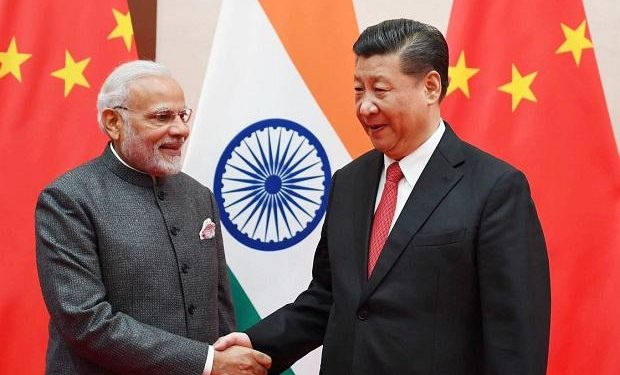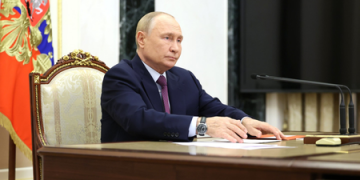New Delhi, June 12: In keeping out of China’s Belt and Road Initiative (BRI) and signing an agreement on sharing of hydrological data on the Brahmaputra river and another on exporting rice following a bilateral meeting between Prime Minister Narendra Modi and Chinese President Xi Jinping, India kept its interests safe in this year’s Shanghai Cooperation Organisation (SCO) Summit, experts said.
India has not extended support to President Xi’s flagship initiative as a key project under it, the China-Pakistan Economic Corridor (CPEC), passes through Pakistan-occupied Kashmir (PoK).
Modi reiterated India’s position that international connectivity projects should respect other countries’ sovereignty and territorial integrity. Stating that connectivity with neighbours and within the SCO area is a priority for India, Modi, during his intervention at the Summit in Qingdao, China, on Sunday said: “We welcome new connectivity projects that are inclusive, sustainable and transparent, and respect countries’ sovereignty and territorial integrity.”The SCO is a Eurasian inter-governmental organisation, the creation of which was announced in 2001 in Shanghai by Kazakhstan, China, Kyrgyzstan, Russia, Tajikistan and Uzbekistan. It was preceded by the Shanghai Five mechanism. India and Pakistan were granted full membership of the bloc in June last year. In the final Qingdao Declaration issued after the Summit, India’s name is conspicuously missing in the part about the BRI.
According to Anil Wadhwa, Senior Fellow in the Vivekananda International Foundation think tank and former Secretary (East) in the External Affairs Ministry, the meeting between Modi and Xi was a forward movement from the informal meeting between the two leaders in Wuhan in April with decisions being taken to set up a special representatives-level meeting mechanism and to boost cultural relations between India and China.
As for India not extending support to the BRI, Wadhwa told IANS that nobody expected India to endorse Xi’s pet initiative. “I don’t think it will affect India diplomatically as there is an understanding between both sides (India and China),” he said. “If they look at the Northeast in the future from the BBIN (Bangladesh-Bhutan-India-Nepal) rubric, that is a different matter.”
However, Wadhwa sounded sceptical about the two agreements signed between India and China – a memorandum of understanding on the Chinese side providing hydrological data on the Brahmaputra river in flood season from May 15 to October 15 every year and an amendment to a 2006 protocol for exporting rice from India to China to include the export of non-Basmati varieties of rice from India.
“With China already having built three dams on their side of the Brahmaputra, I don’t know how useful the data will be,” he said. As for exporting non-Basmati varieties of rice, he said that such a market does not currently exist in China and this has to be created. However, Sujit Dutta, a domain expert on China who is also Professor in the Nelson Mandela Centre for Peace and Conflict Resolution in Jamia Milia Islamia here, was positive about the two agreements. “India kept its interests safe. While the agreement on sharing Brahmaputra will benefit India, the one on rice exports will help our farmers,” Dutta said.







































